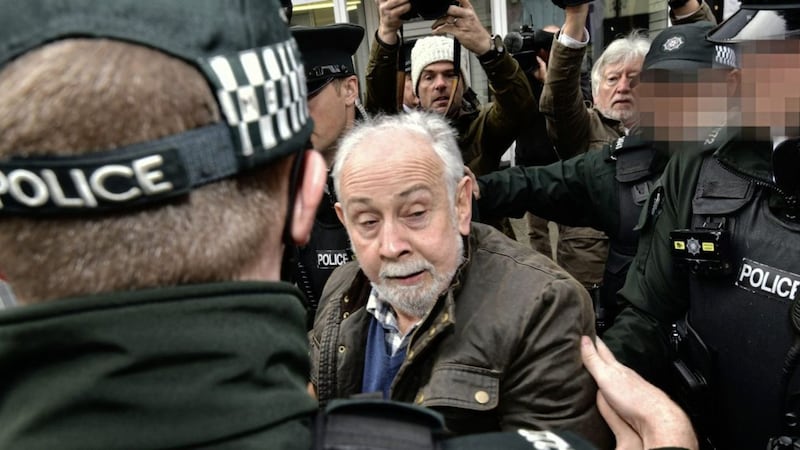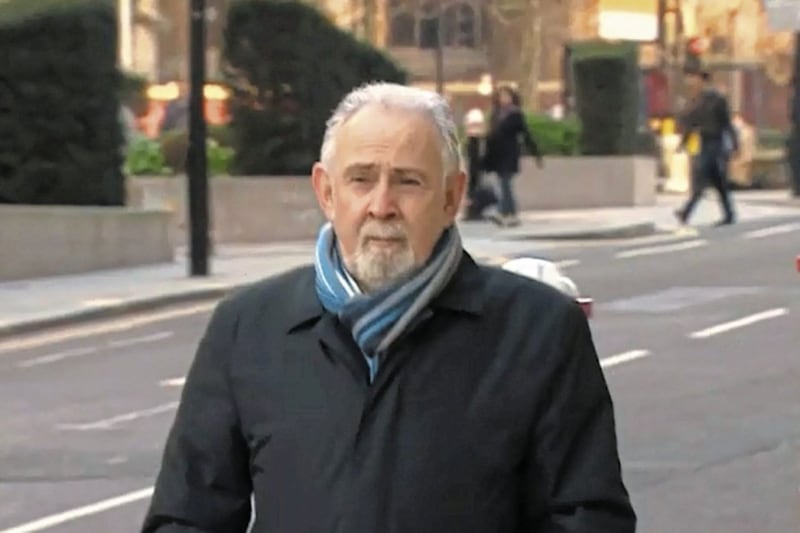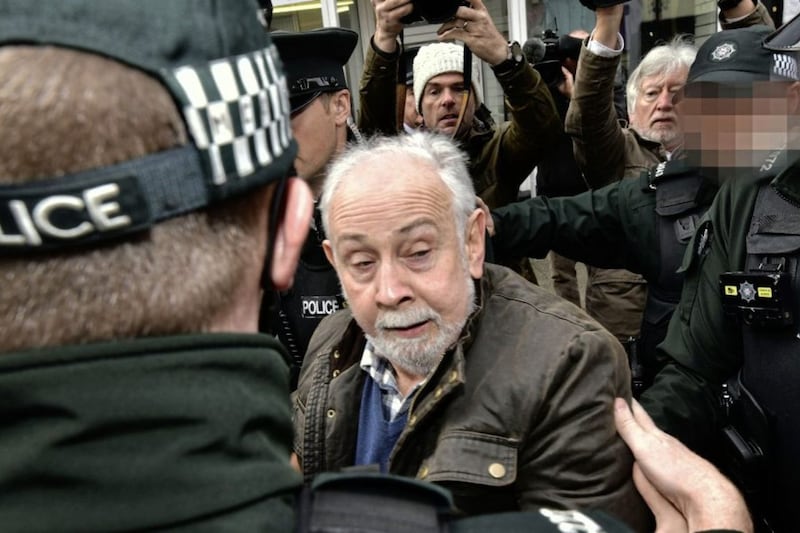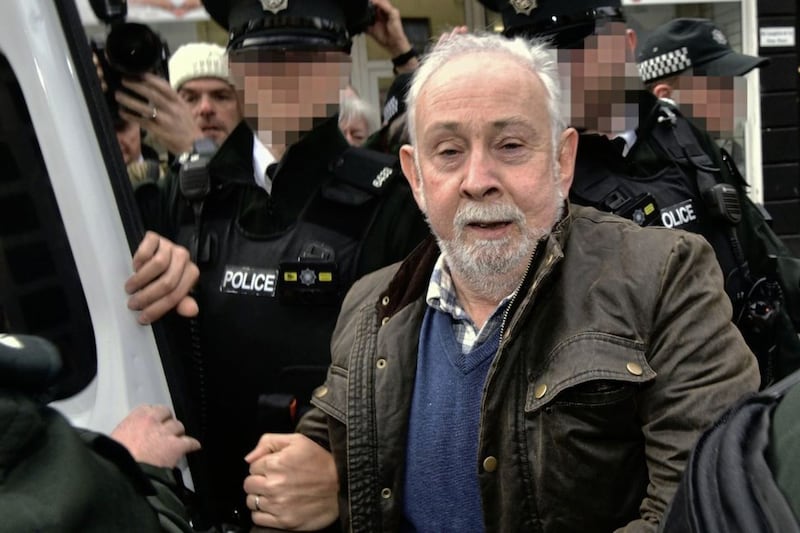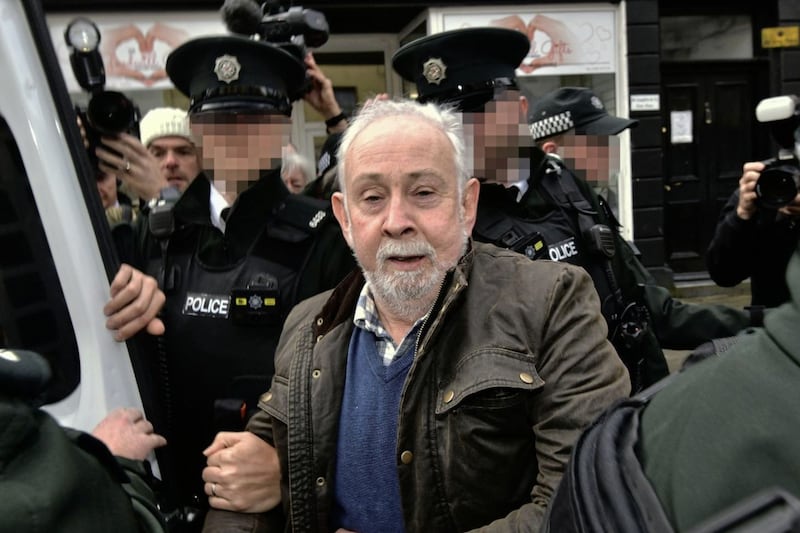A MAN charged with murdering two British soldiers in 1972 is set to mount a legal bid to have the case halted, it emerged today.
Belfast Magistrates' Court heard lawyers for John Downey plan to make an application for the prosecution to be stayed as an abuse of process.
It centres on evidence having already featured in separate criminal proceedings over the 1982 bombing at London's Hyde Park.
Downey's trial for alleged involvement in that attack, which killed four soldiers, collapsed in 2014 when it emerged he had a letter of assurance from the British Government that he was not wanted for any offences.
Defence barrister Sean Devine claimed up to 85% of the papers in the current prosecution relate to the Hyde Park case.
"This is effectively an attempt by the Crown to re-litigate a case which has already been stayed," he contended.
Downey is now facing prosecution for a car bomb attack which killed UDR members Alfred Johnston and James Eames in Enniskillen, Co Fermanagh.
The 68-year-old accused, of Creeslough in Co Donegal, was detained in October 2018 under a European Arrest Warrant.
He fought a battle against extradition from the Republic of Ireland before handing himself in to the authorities in October last year.
Lance Corporal Johnston and Private Eames died in an explosion on the Irvinestown Road in August 1972.
They were carrying out checks on a car when a command wire initiated device was detonated, killing them instantly.
The bomb went off as a truck carrying 13 off-duty soldiers approached, blowing it onto its side and injuring some of the troops inside.
Downey is also charged with aiding and abetting an explosion likely to endanger life.
A previous court was told his fingerprint was allegedly found on insulating tape used to construct the device.
Analysis was carried out on prints taken from Downey following his extradition.
He is currently on bail, and was granted permission to return home to Co Donegal at the start of the pandemic due to underlying health problems.
A preliminary investigation into the strength of the evidence against him is scheduled for February next year.
At a review hearing today Mr Devine told the court the alleged abuse of process is a significant feature which could be dealt with at that stage.
"On the served papers that the Crown have provided, the prosecution were aware of my client's connection to the substantive offences in this case since 1980," he added.
"We would submit that's prima facie a fairly good platform for that type of application."
Prosecution counsel Samuel Magee QC highlighted the limited jurisdiction to hear abuse of process applications at this stage.
"We are simply wasting further time, and no meaningful explanation has been provided as to why this case is not progressing," he argued.
Adjourning to next month, District Judge Fiona Bagnall stressed that a list of defence witnesses should be prepared by that stage.
